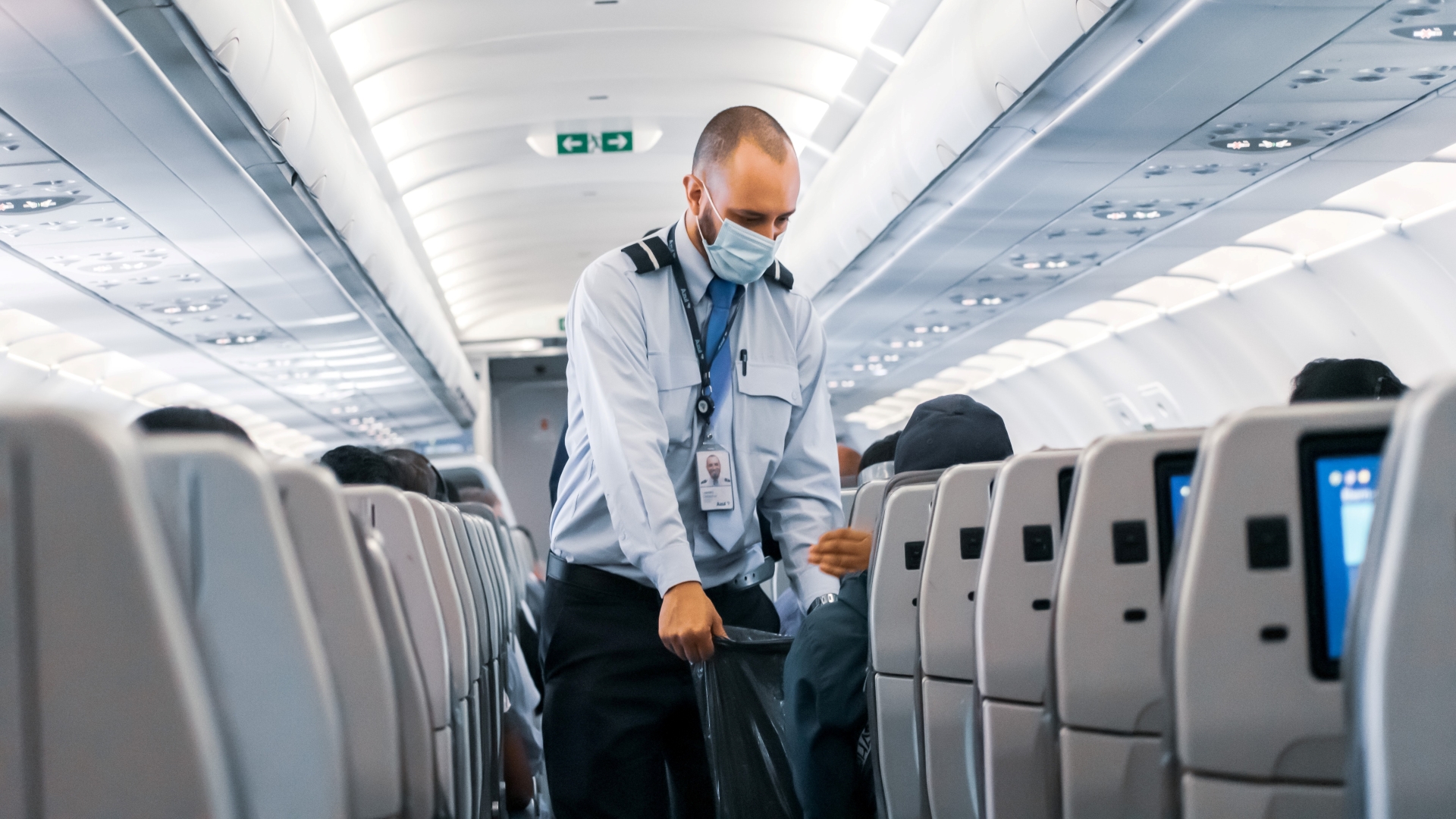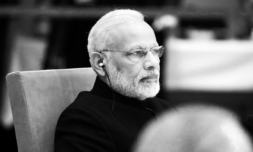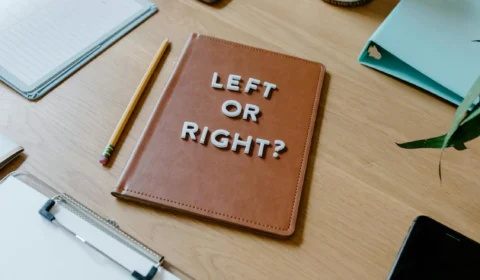How are these rules damaging?
The rules suggest that to skip self-isolation, travellers are required to have received both doses of the vaccine under British, American, or European programs.
Not only does this point to discrimination against other countries, but it could fuel vaccine hesitancy amongst populations who may feel that their healthcare system is not recognised as ‘good enough’ by other powerful nations.
Across the world, experts and political leaders are weighing in. To many, it looks like poorer nations are having the door slammed in their faces.
‘When you say, ‘we are not going to accept the vaccine from Africa’ you lend credence to these kinds of theories,’ said a West African diplomat, in reference to circulating speculations about vaccine effectiveness.
In conjunction to this, critics are calling the rules ‘illogical and harmful’ and not rooted in any medical science. André Siqueira, a disease specialist in Rio de Janeiro, said ‘there is simply no plausible justification as to why they accept vaccines given in certain countries but not from others.’
Fully vaccinated academics from red-list countries are also concerned that the harsh quarantine rules will create obstacles for engaging with global meetings – more specifically, COP26 which takes place in a little over a month’s time.
Has the vaccine become a political weapon?
Comparatively, no other vaccine is treated this way. Jabs for Yellow Fever, Hepatitis, and Polio are recognised internationally – without any discrepancies. But from its very conception, the coronavirus vaccine has heightened the realities of inequality and elitism between countries across the world.
First with vaccine nationalism, where rich countries hoarded hundreds of thousands of spare doses while poorer nations went without supplies, affecting their ability to lift restrictions, return to normal life, and boost economies back to pre-pandemic levels.
The profound financial impacts of slow vaccine rollout to low and lower-middle income countries are expected to be long lasting.
And now, it appears that wealthier countries are cherry-picking which vaccinated populations have access to their national borders without a strong basis of scientific reasoning.
UK government representatives have claimed decisions are made in the interest of public health by taking into account ‘wider considerations.’ What these wider considerations are, exactly, have yet to be clarified.
Shashi Tharoor, an Indian politician, has said that he will not being attending a series of meetings in England to protest the decision he labelled as ‘offensive’. India’s Foreign Secretary has also threatened to ‘impose reciprocal measures’ on English travellers if the rules aren’t modified.
Is this just pettiness or obvious discrimination against poorer regions? With no explicit answers on offer and travel restrictions changing almost monthly, it wouldn’t be surprising to see England double-back in the face of this global backlash.





















